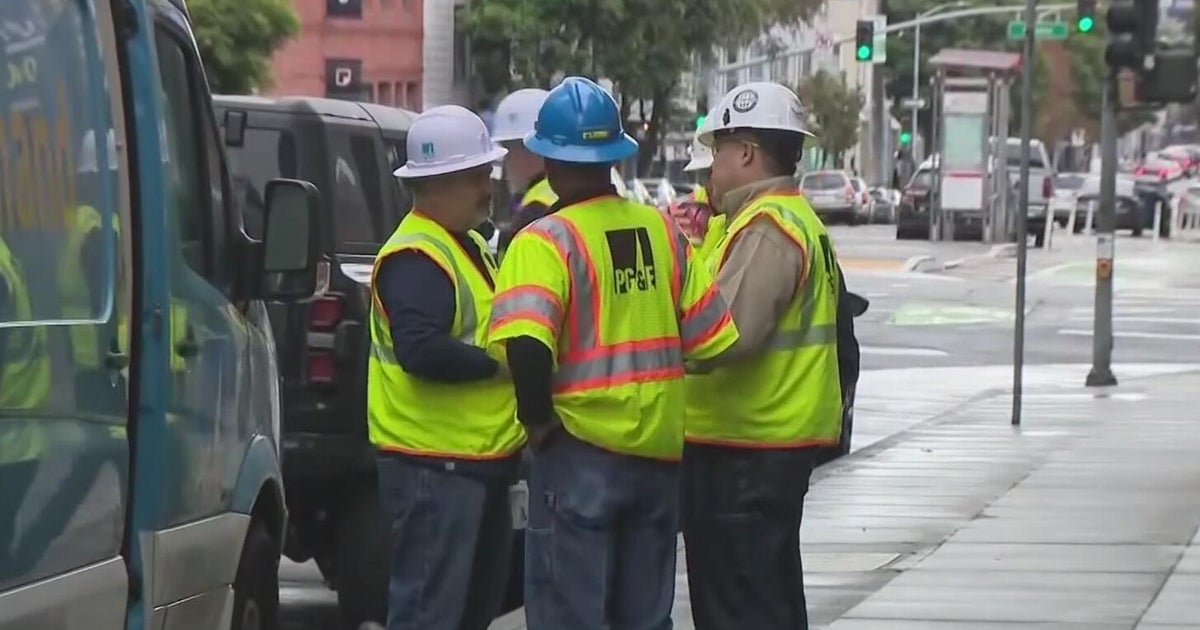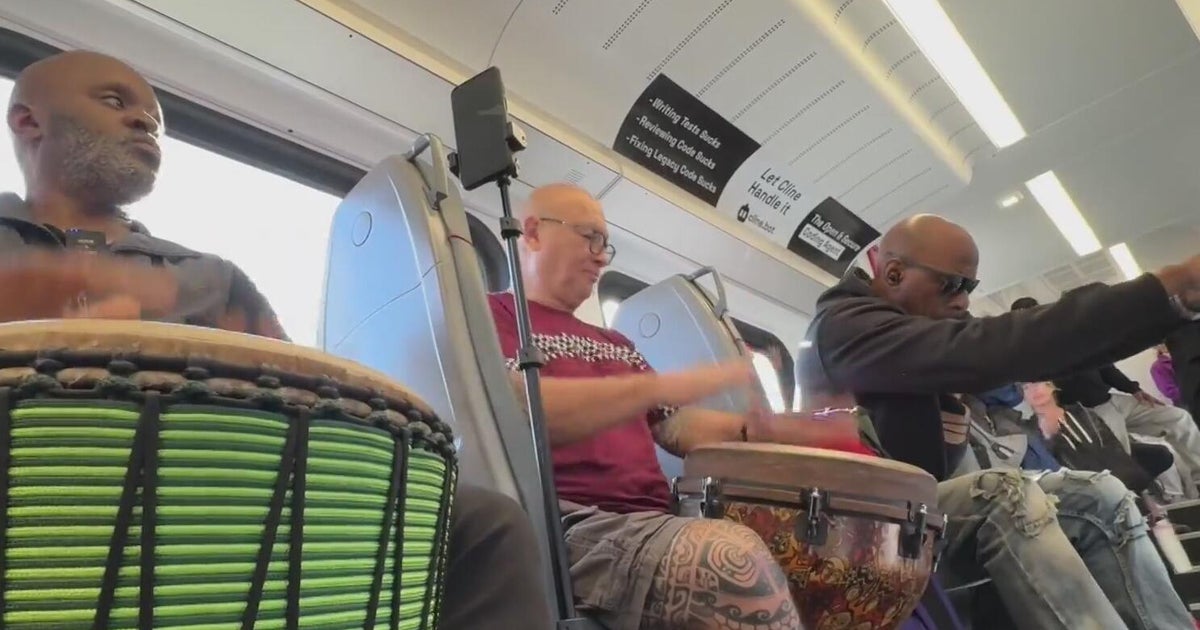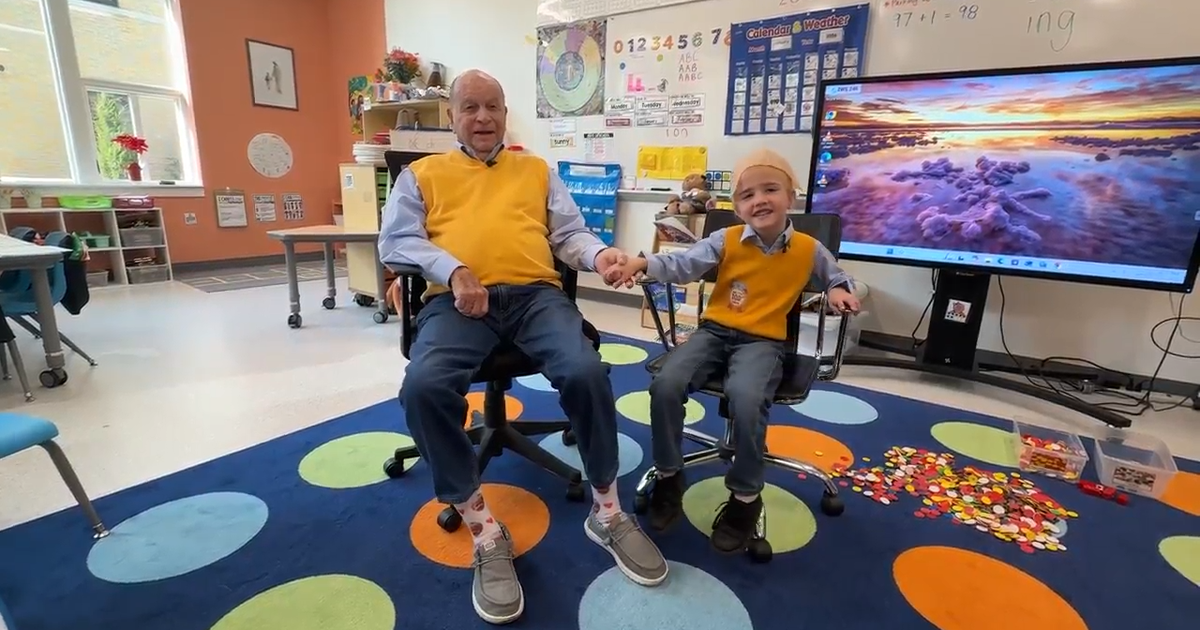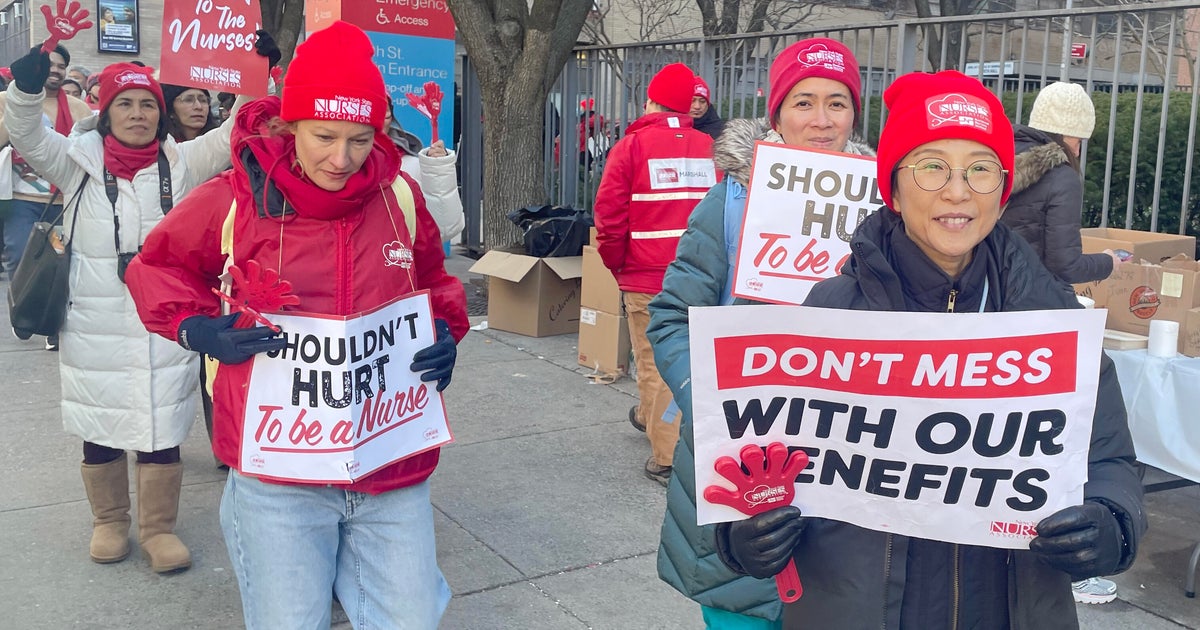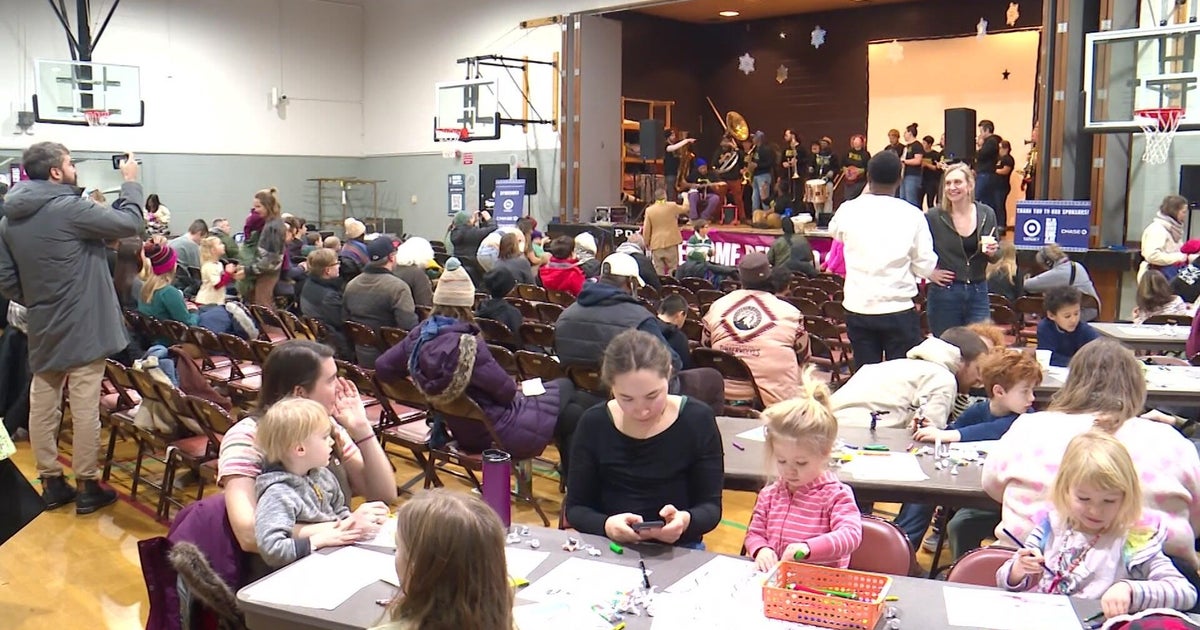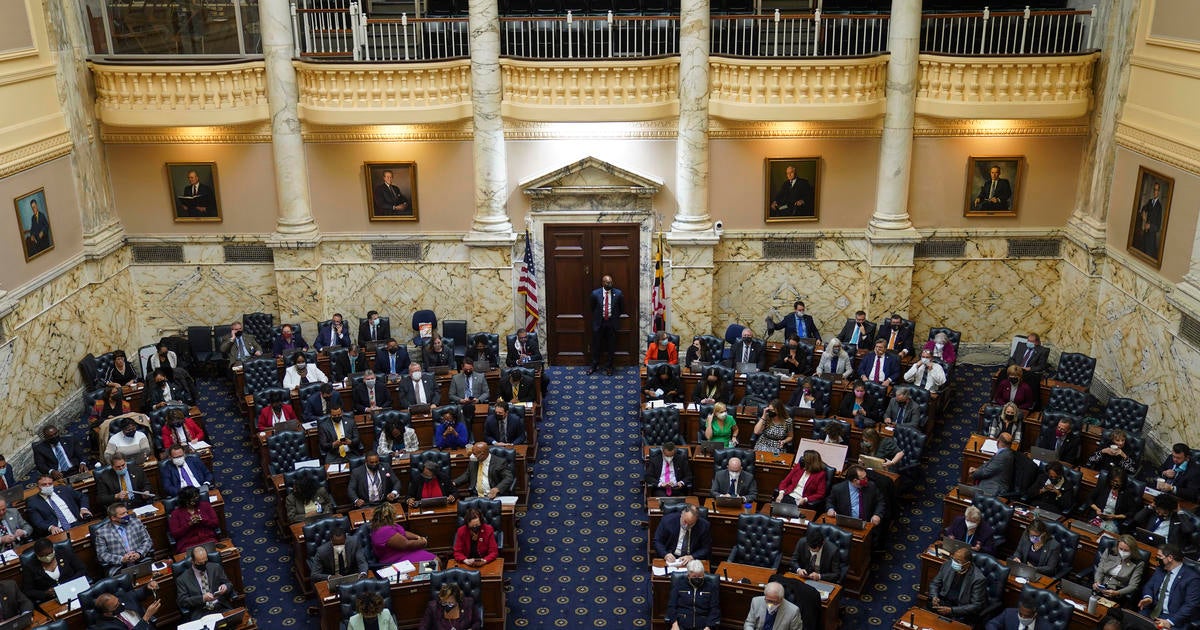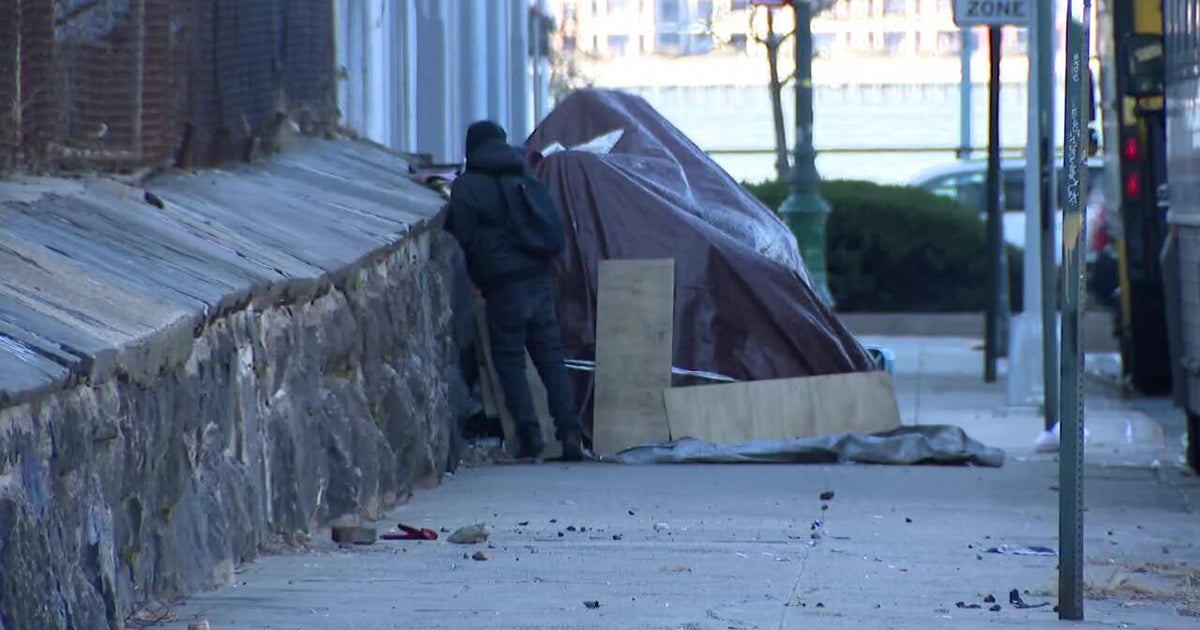San Francisco Mayor Daniel Lurie marks 100th day in office with celebration, caution
Just three and a half months after promising safer streets, cleaner neighborhoods, and a more inviting city for visitors, San Francisco Mayor Daniel Lurie marked his 100th day in office with both celebration and caution.
Since taking the oath of office on Jan. 8, Lurie says the winds — or in San Francisco's case, the fog — of change have begun to roll in.
"I'm incredibly proud of what we're building, but I'm not satisfied. Today is not a victory lap — it's a progress report," the mayor said in his remarks.
In a speech that mirrored his calls for change, Lurie touted early signs of economic and public safety recovery. He pointed to long-vacant buildings finding new life, major conventions returning, and a renewed sense of momentum in the city's core.
"In a powerful turnaround, Zara, who announced they were closing their store one year ago, is bringing a four-story flagship to the corner of Post and Powell," he said.
Crime statistics also featured prominently in the mayor's address. Car break-ins, which account for more than half of all property crimes in San Francisco, have dropped to a 22-year low, and overall crime is down 30%.
"We are trending in the right direction: Street encampments are dropping, and violent crime is down 15%. Car break-ins, which account for more than half of all property crime in San Francisco, are at a 22-year low," Lurie said to applause.
But not all of Lurie's early policies have garnered praise. His enforcement of a policy limiting unhoused families to six months in shelter has drawn criticism from community leaders and policymakers. Supervisor Jackie Fielder of District 9 is working to extend that timeframe.
"I have asked him to rescind this policy that is causing a lot of unnecessary chaos, for families, for city hall, for the department again, having to review cases one by one when we should be working on exits to permanent supportive housing," Fielder said.
Lurie defended the policy, insisting that shelters are meant to serve as temporary solutions while the city expands access to long-term affordable housing.
Just blocks from city hall, in neighborhoods heavily impacted by the fentanyl crisis and open-air drug markets, some business owners are starting to feel the change. Matthew Hotaling, who operates the restaurant 54 Mint near Sixth Street, told CBS News Bay Area back in November that the situation on the street was turning customers away, at such a rate they considered shuttering their doors.
But since a shift in city hall, he says he has been able to resume lunch service, thanks to what he called "targeted efforts" from the Lurie administration.
"There have been really, really good days. There still are bad days, but the bad days are not as bad as they were before," Hotaling said.
Still, visible signs of distress persist. The scent of bleach lingers in the air, and trash remains scattered along Jessie Street, leading to the restaurant. Yet, Hotaling said it's a clear improvement from just one year earlier.
"Us as a business and San Franciscans as whole, we should really just work on changing the narrative of the city," he said.
Some policies that have led to improvement under Lurie's watch stem from ideas spawned under his predecessor, London Breed. But Lurie is keeping his eyes on the future.
He echoed that call to reshape the city's image and its reality, step by step.
"What I've learned in these first 100 days is you can't solve what you can't see. And I'm going to keep walking and talking to people each and every day, until public safety and public faith have been restored," Lurie said.
Looking ahead, Lurie promised new efforts to maintain momentum. A 24/7 homelessness intake center is set to open by the end of the month, fulfilling one of his campaign's day-one pledges. In May, new legislation aimed at streamlining the city's notoriously slow permitting process will be introduced.
But the road ahead is steep. The city faces a $840 million budget deficit, a financial challenge that could imperil many of the very programs now being credited with turning things around.
